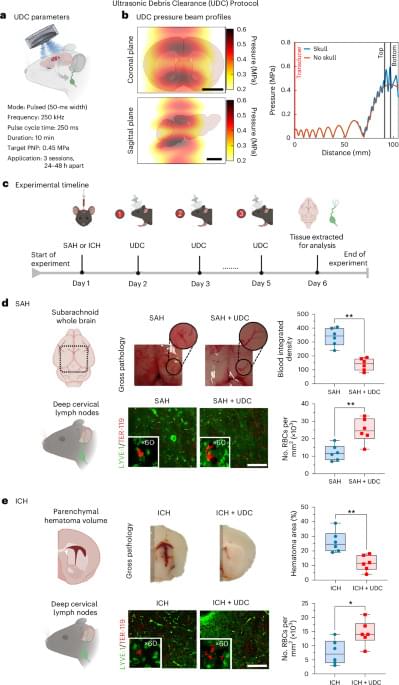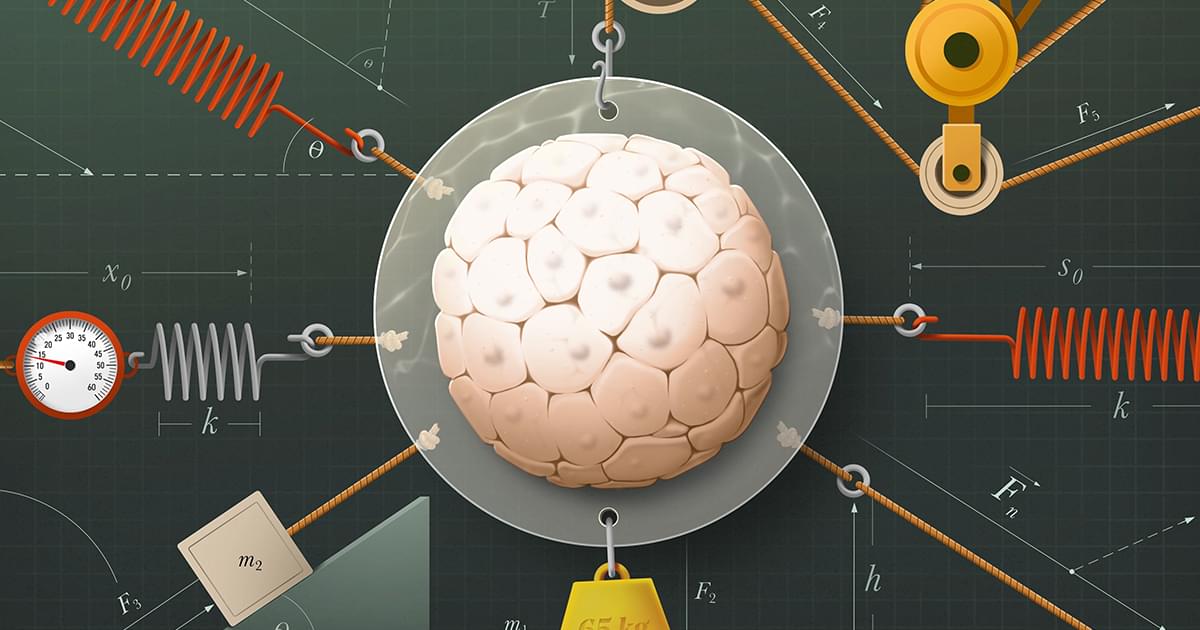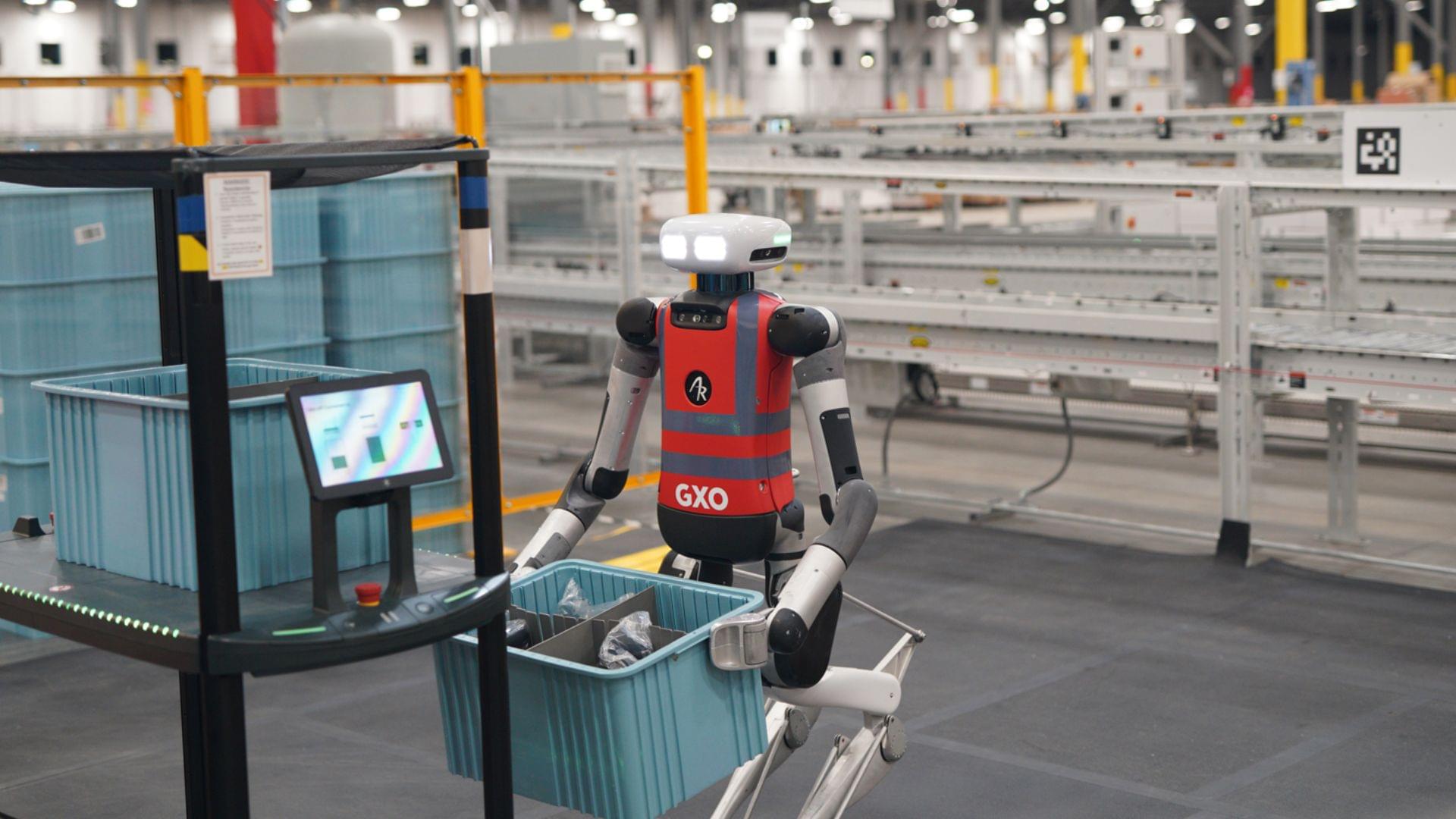I recently read “A Brief History of Intelligence” by Max Bennett — and I highly recommend you check it out — it’s an absolutely brilliant book! I will be having a few conversations with Max but for now here is a taster from our first chat about how our brain works like a simulation machine. You can buy his book from Amazon — https://amzn.to/3weN3uS Watch behind the scenes, get early access and join the private Discord by supporting us on Patreon. We have some amazing content going up there with Kenneth Stanley this week! Listen to this entire conversation now (Simulations chapter) on Patreon: / max-bennett-of-1–97975425 Watch part 2 (Mentalizing chapter) on Patreon —
/ max-bennett-of-2–98181787 Watch part 3 (Language) here
/ max-bennett-3–0-100006225
/ mlst (public discord)
/ discord
/ mlstreettalk.
Get the latest international news and world events from around the world.
Exploring the Potential of Neural Dust Technology
Discover the world of neural dust as a new frontier in biomedical technology, promising to revolutionize healthcare by enabling real-time brain monitoring an…





Rubin Observatory peers into the ‘hidden universe’ and discovers stream of stars longer than our entire Milky Way
“We are expecting that when Rubin obtains very deep imaging of galaxies, we will see them surrounded by a faint network of stellar streams,” Romanowsky concluded. “The discovery of the stream shows the excellent characteristics of Rubin for making such observations, and points to a rich future of similar discoveries as vast areas of the sky are mapped out.”
The team’s research is available on the paper repository site arXiv.



Agility’s ‘hardest working’ humanoid robot hits 100,000-tote milestone
Oregon-based robotics company Agility Robotics announced Thursday that its humanoid robot Digit has moved more than 100,000 totes at a GXO Logistics facility in Flowery Branch, Georgia.
This milestone marks a significant step for the company in proving the practical value of humanoid robots in real-world logistics. Instead of polished demo clips, this result proves the robot can handle real warehouse tasks every day.